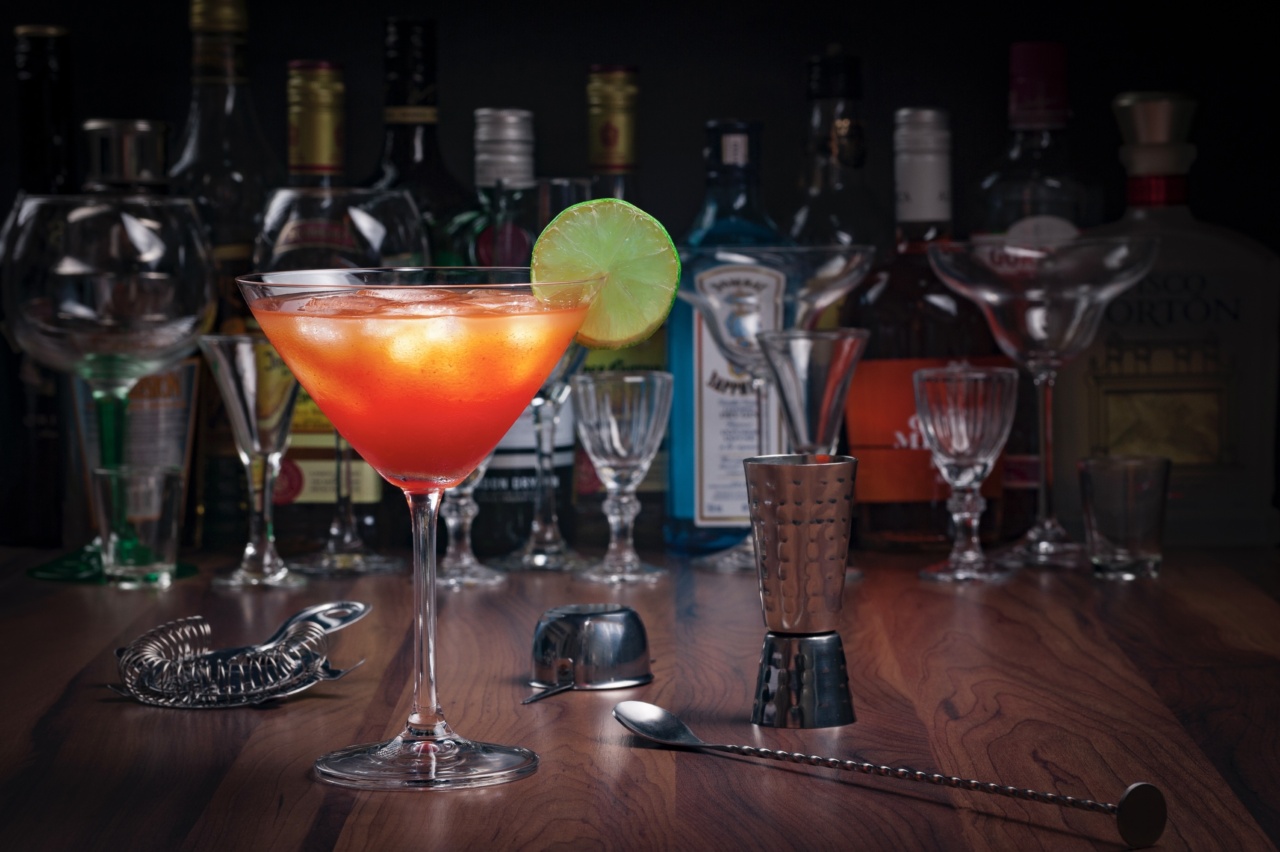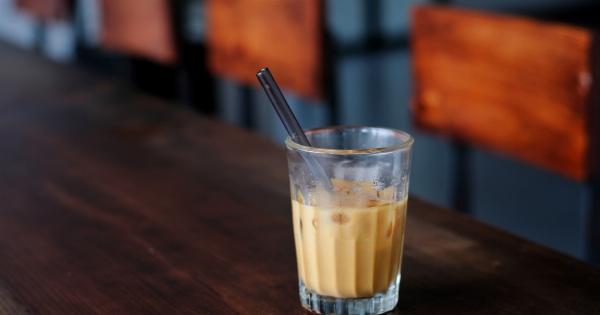Alcohol consumption is a common practice all around the world, with different people having different reasons for drinking. Some people drink to socialize, others drink to relax or relieve stress, and yet others drink out of habit.
Regardless of one’s reason for drinking, it’s important to note that alcohol consumption has both positive and negative effects on the body.
One of the alcoholic beverages that has gained popularity over the years is known as ‘hangover drink’. This is a beverage that is marketed specifically to prevent hangover symptoms, which include headaches, nausea, dizziness, and fatigue.
Hangover drink is advertised as a cure-all for the negative effects of alcohol consumption, with manufacturers promising that it will help you resume your daily activities after a night of drinking. But is this really the case?.
What is Hangover Drink?
Hangover drink is a type of beverage that is commonly consumed by people who intend to drink alcohol. The drink is marketed as a way to prevent hangovers and other negative effects of alcohol consumption.
Hangover drinks are made from a variety of ingredients, including vitamins, minerals, amino acids, and herbal extracts.
The exact ingredients of hangover drinks vary depending on the brand and type of beverage. Some of the more popular ingredients found in hangover drinks include:.
- Vitamins B1, B6, and B12
- Potassium and sodium
- Amino acids like taurine and N-Acetylcysteine (NAC)
- Herbal extracts like milk thistle and ginseng
How Does Hangover Drink Work?
Hangover drink works by providing the body with nutrients and other compounds that can help mitigate the negative effects of alcohol consumption.
These compounds are supposed to help speed up the metabolism of alcohol, reduce inflammation, and replenish electrolytes.
Specifically, the B vitamins found in hangover drinks are believed to help the body convert alcohol into acetaldehyde, a less harmful substance that can be further broken down and eliminated from the body.
Vitamins B6 and B12 are also important for replenishing red blood cells, which can be depleted as a result of alcohol consumption.
The amino acids found in hangover drinks are believed to help reduce damage to the liver caused by alcohol. Taurine, for example, is thought to have antioxidant properties that can protect the liver from damage.
NAC, on the other hand, is believed to help reduce inflammation in the liver and prevent the formation of harmful compounds that can lead to liver damage.
The herbal extracts found in hangover drink are believed to have various health benefits that can help mitigate the negative effects of alcohol consumption.
Milk thistle, for example, is believed to have antioxidant properties that can protect the liver from damage. Ginseng, on the other hand, is believed to have anti-inflammatory properties that can help reduce hangover symptoms like headaches and nausea.
Is Hangover Drink Effective?
Despite the promises made by manufacturers of hangover drinks, the effectiveness of these beverages in preventing hangovers is still not very clear. The claims made by these manufacturers are often not backed up by scientific evidence.
In fact, some studies have suggested that hangover drinks may not be any more effective than drinking water or a sports drink.
One study, for example, found that a hangover drink containing vitamins B1, B6, and B12, as well as minerals like potassium and sodium, did not significantly reduce the severity of hangover symptoms compared to a placebo drink.
Another study found that a hangover drink containing taurine, vitamin C, and prickly pear extract did not significantly reduce hangover symptoms compared to a placebo drink.
Some experts suggest that the effectiveness of hangover drinks may vary depending on the individual and the type of alcohol consumed.
For example, hangover drinks may be more effective for people who consume large amounts of alcohol and those who drink hard liquor like whiskey and tequila, which are more likely to cause hangover symptoms than beer or wine.
It’s worth noting that hangover drinks are also not a magic solution to the negative effects of alcohol consumption.
They should not be seen as a license to exceed recommended alcohol limits or to ignore other safety measures like drinking water, eating food, and getting enough rest.
What Are the Risks of Hangover Drink?
While hangover drinks are generally safe, they do carry some risks. For example, some of the vitamins and minerals found in these beverages can be harmful in large doses. Vitamin B6, for example, can cause nerve damage if consumed in excess.
Similarly, consuming large amounts of potassium and sodium can cause electrolyte imbalances that can lead to serious health problems.
Another risk associated with hangover drinks is that they may give people a false sense of security.
People who rely on these beverages to prevent hangovers may be more likely to consume more alcohol than they normally would, thinking that they are protected from negative effects. This can lead to alcohol poisoning, which can be life-threatening.
Conclusion
Hangover drink is a type of alcoholic beverage that is marketed as a way to prevent hangover symptoms. These beverages are made from a variety of ingredients, including vitamins, minerals, amino acids, and herbal extracts.
While the effectiveness of hangover drinks is still not clear, these beverages do carry some risks. People who rely on hangover drinks to prevent negative effects of alcohol consumption should be mindful of the risks and should not use these beverages as a license to exceed recommended alcohol limits.






























